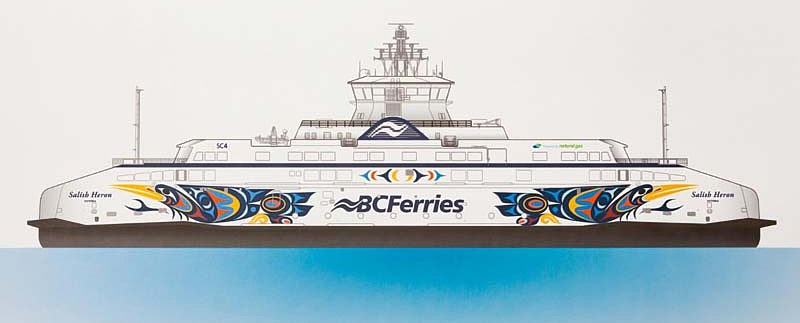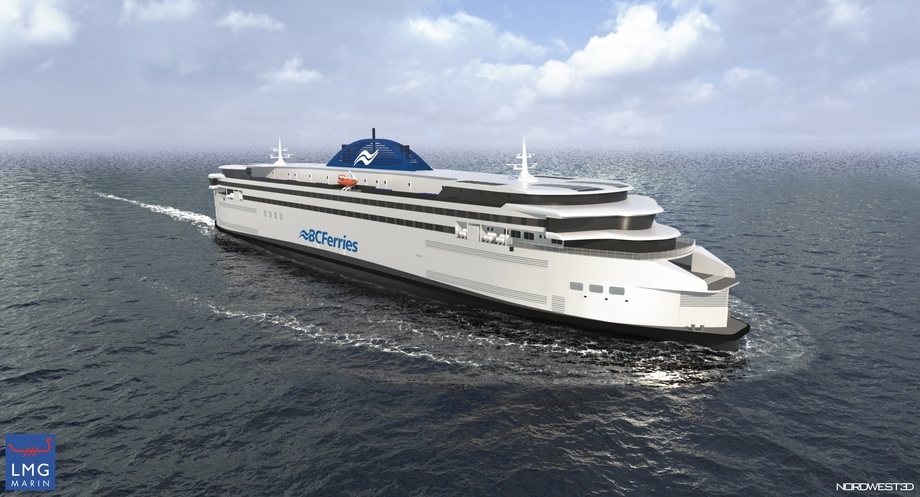
Modernization and replacement of vessels, terminals and IT systems are the centrepieces of BC Ferries’ Performance Term Six submission provided to the BC Ferries Commissioner recently for rate determination activities.
The 12-Year Capital Plan responds to anticipated passenger and vehicle growth and changing customer needs. It includes:
- Building 7 new major vessels to replace 6 existing ships, and an incremental vessel to support growth and improve resiliency
- Building 4 more Island Class vessels to improve capacity on inter-island routes
- 2 new Island Class to serve the Crofton – Salt Spring Island route
- 1 new Island Class to serve the Quadra Island – Cortes Island route
- 1 new Island Class to serve as a relief vessel and allow for the redeployment of existing vessels to support growth on several routes.
In addition to investments included in the 12-Year Capital Plan, BC Ferries is planning customer enhancements including:
- Expanding two-ship operation on the Horseshoe Bay – Langdale route during peak season to increase sailing frequency.
- Increasing sailing frequency between Nanaimo and Metro Vancouver to better support changing travel patterns.
- Providing an additional sailing each week in peak season between Prince Rupert and Haida Gwaii.
- Deploying a second vessel on the Swartz Bay – Salt Spring Island route in peak season.
- Deploying a larger vessel on the Denman Island – Hornby Island route in peak season.









